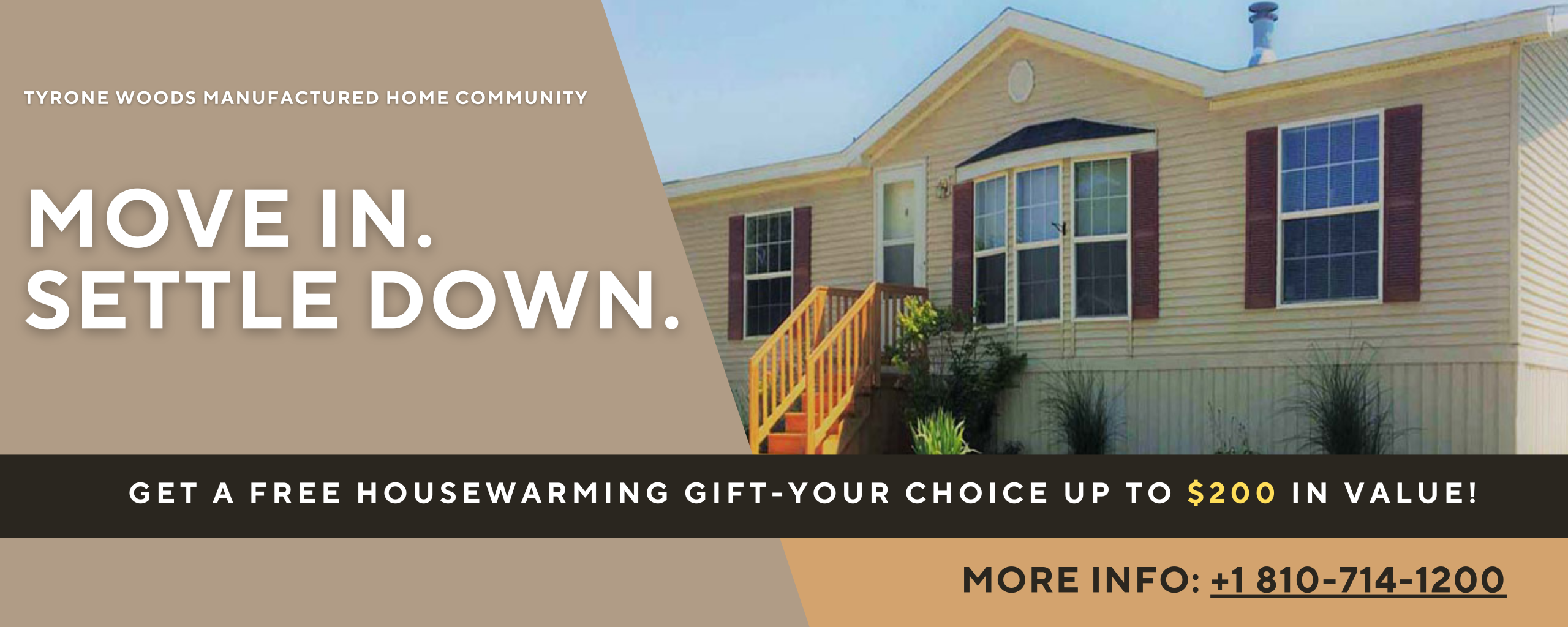tips
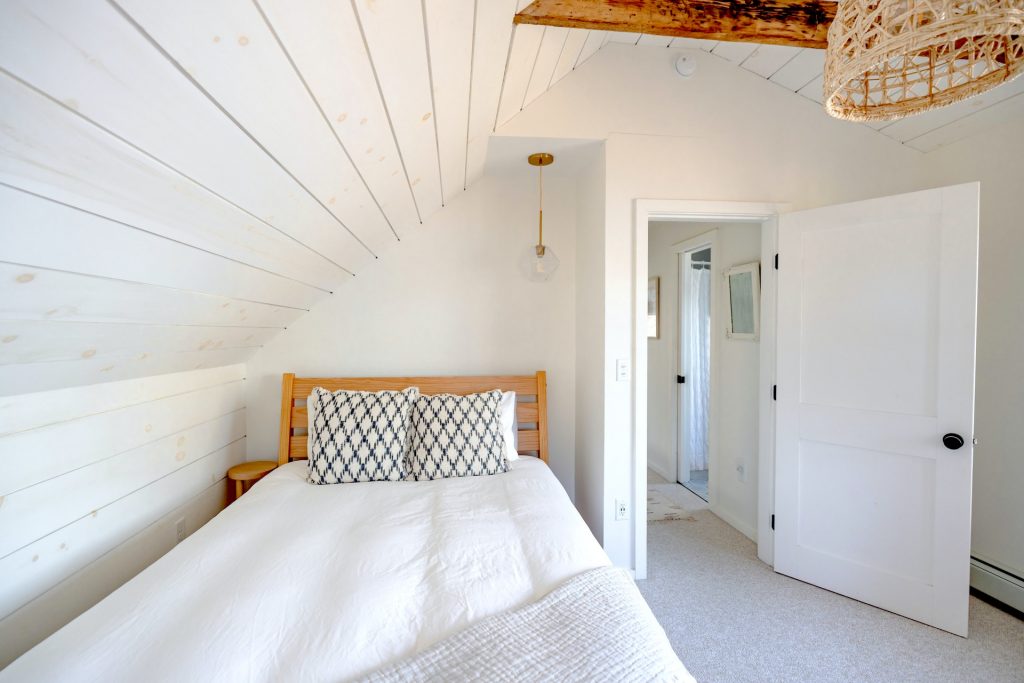
Are Mobile Homes Safe?
Potential mobile homebuyers have raised serious questions as far as the safety of mobile homes is concerned. In fact, when…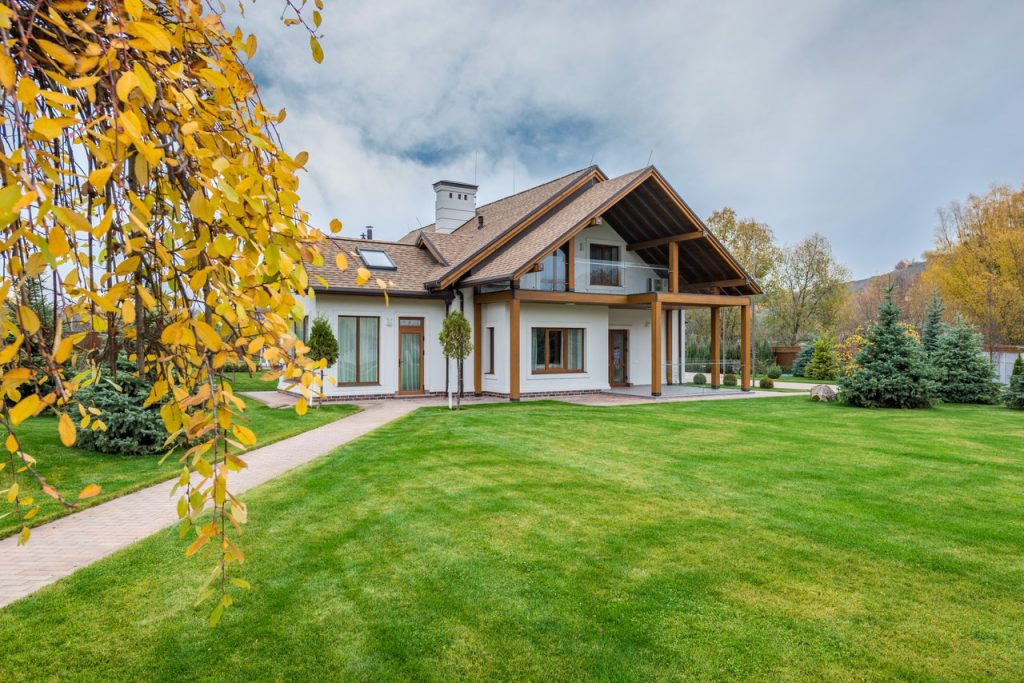
What is the Lot Rent for a Mobile Home Park?
More people nowadays prefer to live in mobile home rentals than ever before. The benefits of living in a manufactured…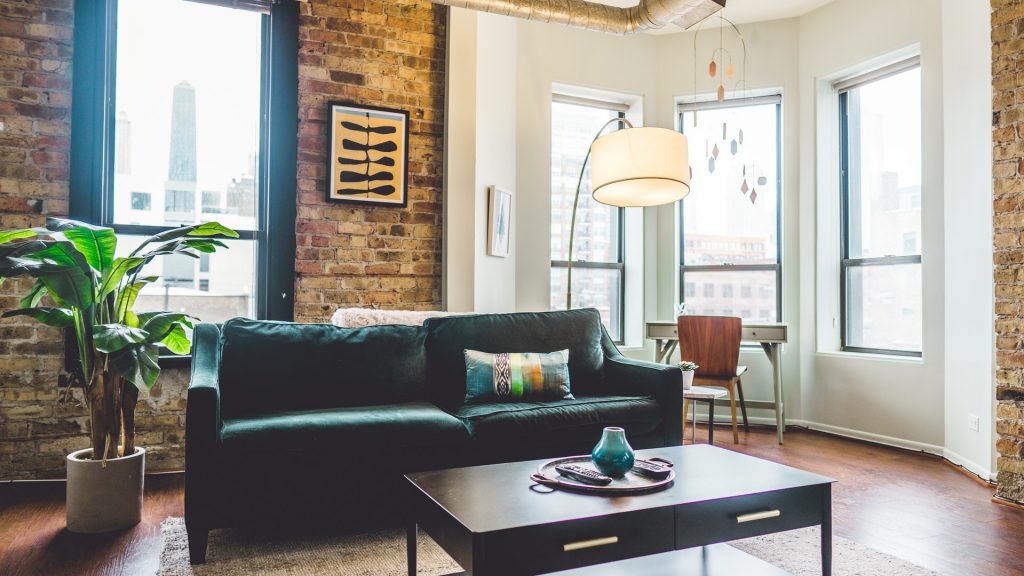
Houses or Mobile Homes for Sale: Which is Better?
When you are looking for a place to live as a first-time buyer, you will find lots of possibilities. A…
What Utilities Do You Pay in a Mobile Home?
As a tenant or owner of a mobile home in a leased-land community, you need to understand that you will…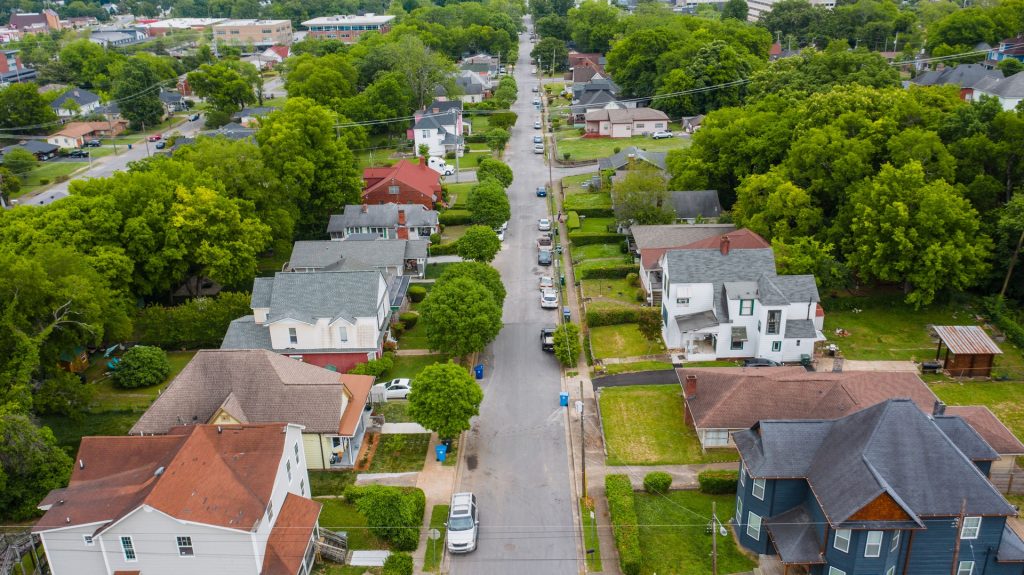
Top 5 Double-Wide Mobile Home Dealers in Michigan
When you are on the lookout for a home to settle down in, get ready for a lot of challenges…
The Best Manufactured Homes for Sale in Michigan
When you are looking to move to Fenton, Michigan, several housing options are open to you. With that said, a…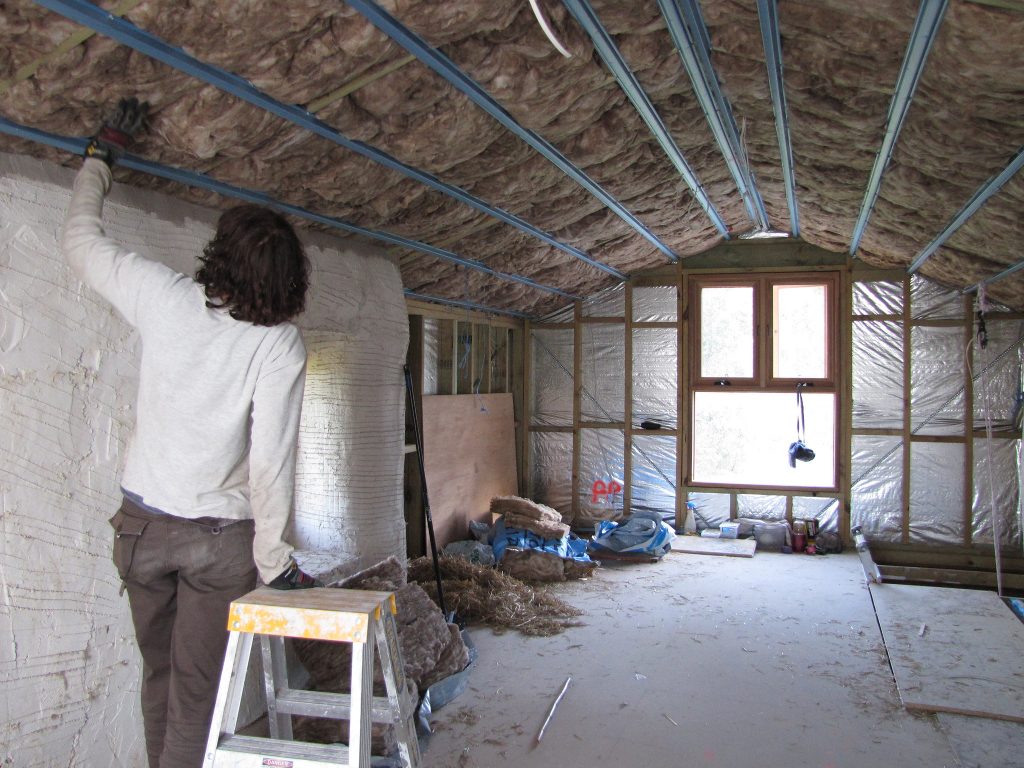
How to Add Insulation to a Mobile Home
Your mobile home should have the best insulation to improve your family's comfortability during winter. For your information, proper insulation…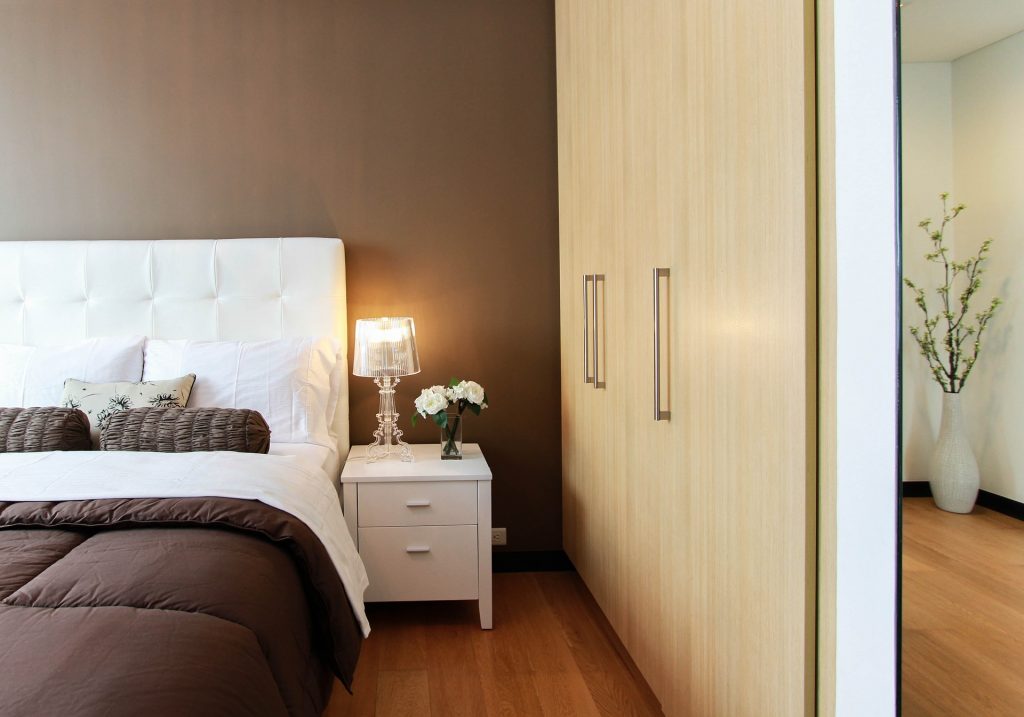
How Long Does it Take to Build a Manufactured Home?
One reason manufactured homes are becoming popular is that they have a faster construction speed than site-built homes. If you…
Top Public Beaches in Fenton, MI
There is a lot to do when you are in Fenton, MI; just look around and consider all the options…
How Much Does it Cost to Move a Manufactured Home?
Are you wondering how much it will cost you to move your manufactured home? If you are thinking you can…


